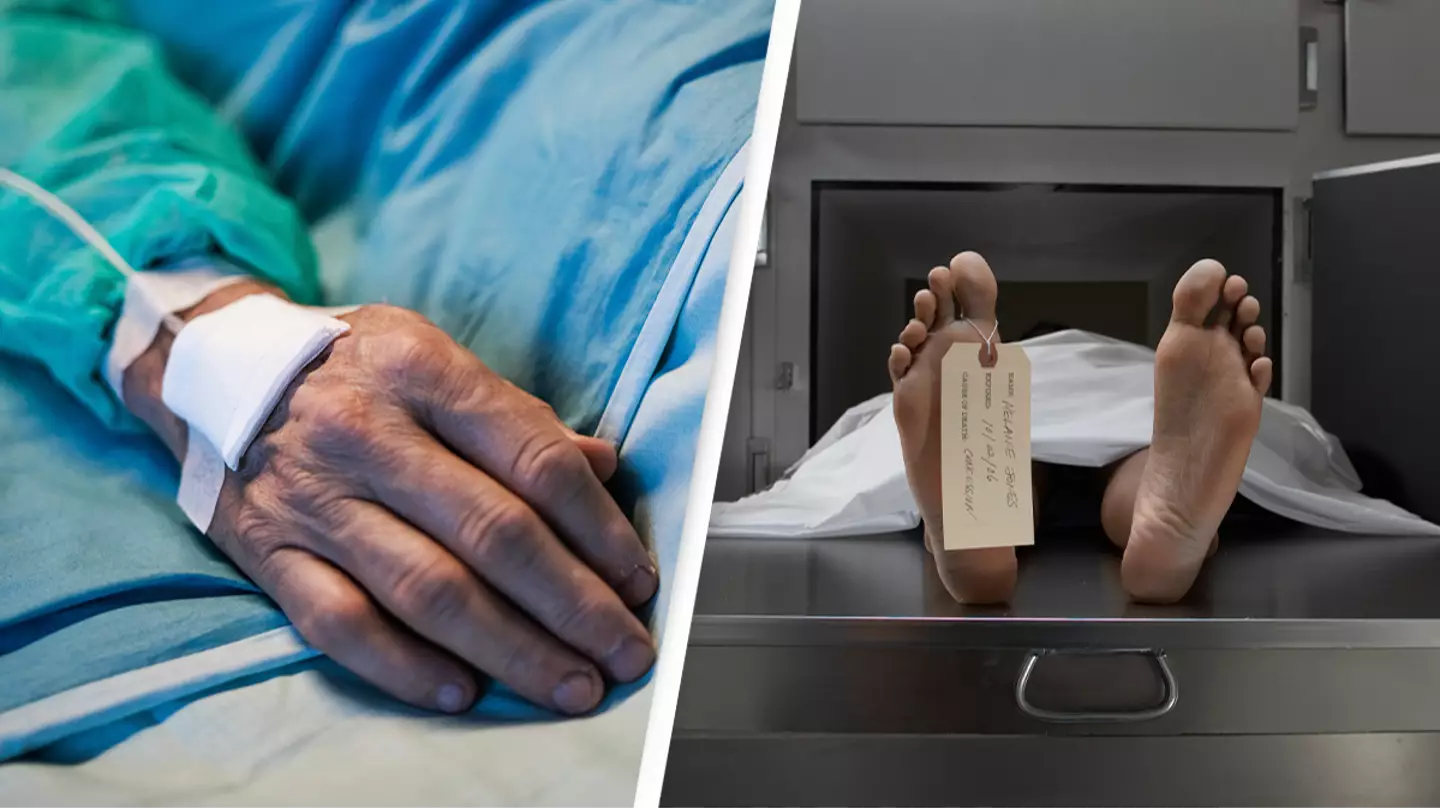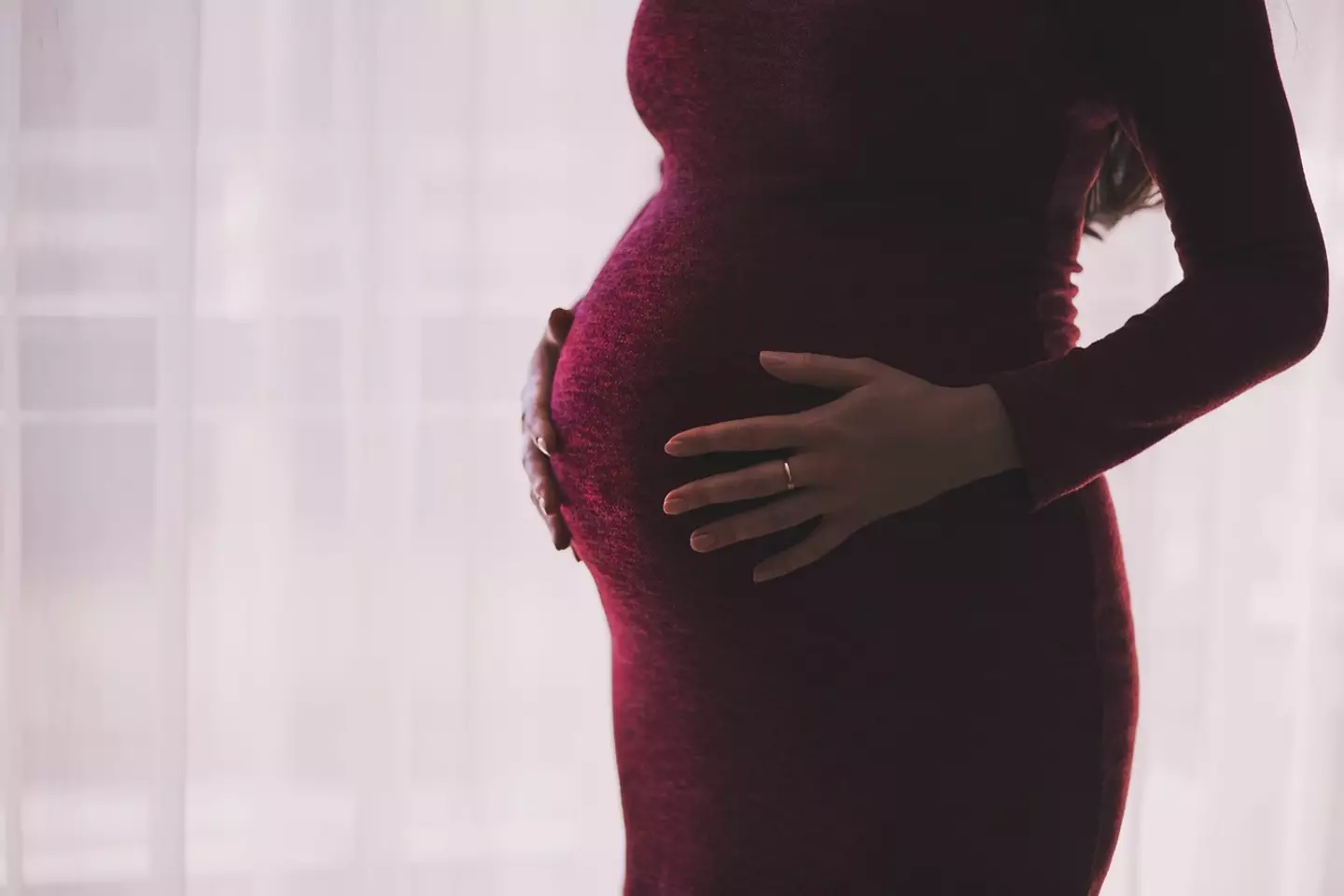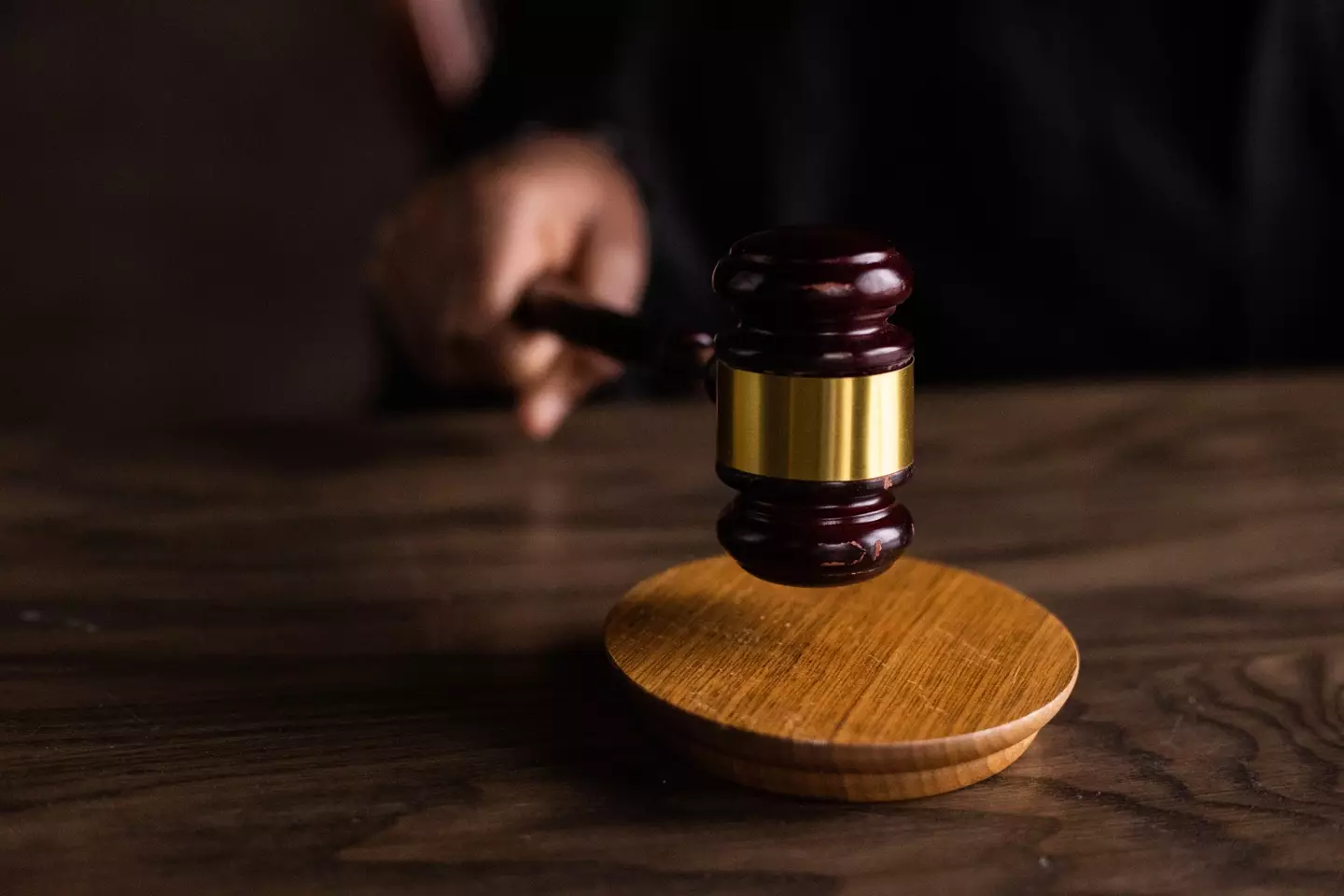
A 62-year-old woman has convinced a court to let her extract sperm from her husband following his death.
The woman - whose name has not been shared - appealed to the Supreme Court in an 'urgent' hearing after her husband died suddenly on December 17.
His death came after the Western Australia couple had lost both of their adult children in separate accidents; tragedies which the woman claimed led her and her husband to discuss having another child.

Advert
The couple, who had been married for 39 years, are said to have discussed using a surrogate overseas to carry their third child, which could be conceived using the husband's sperm.
While the 62-year-old woman had been told by a fertility expert that she was too old to have a child, testing of her husband's sperm revealed it was suitable to be used in IVF.
Following the man's death, the wife said she'd tried to have the spermatozoa tissue removed at the hospital, but her request wasn't put into action on the day of his death.
After the widow pleaded her case, Justice Fiona Seaward granted permission for her to have the tissue removed from her late husband - whose body is being held at a morgue in Perth.
The judge said that she had no reason to believe the husband would have objected to having his sperm tissue removed after his death, and criticized the hospital for failing to take action in the first place.

"It is disappointing that it appears that, once again, an applicant has been required to attend court on an urgent basis and in traumatic circumstances to obtain an order that may ... be granted in a faster and more streamlined manner," she said.
However, although there is a provision allowing for the removal of tissue from bodies in hospital for medical reasons in Western Australia, the use of reproductive cells following death is prohibited in the state.
Discussing the ethics of the situation, Roger Hart of the University of Western Australia Professor of Reproductive Medicine, said: "Medically it's all feasible.
"But it's whether it's the right thing to do … counsellors, psychologists would be the best people to make that judgement."
In order for the widow to use the sperm, an application would have to be filed to the Reproductive Technology Council to export it to a jurisdiction where posthumous fertilization is legal.
Before making its decision, the council would consider whether the husband expressed a wish to have a child with his wife, what support network would be available for the widow, and any other specific circumstances of the case.